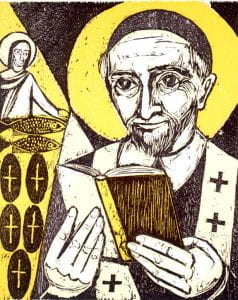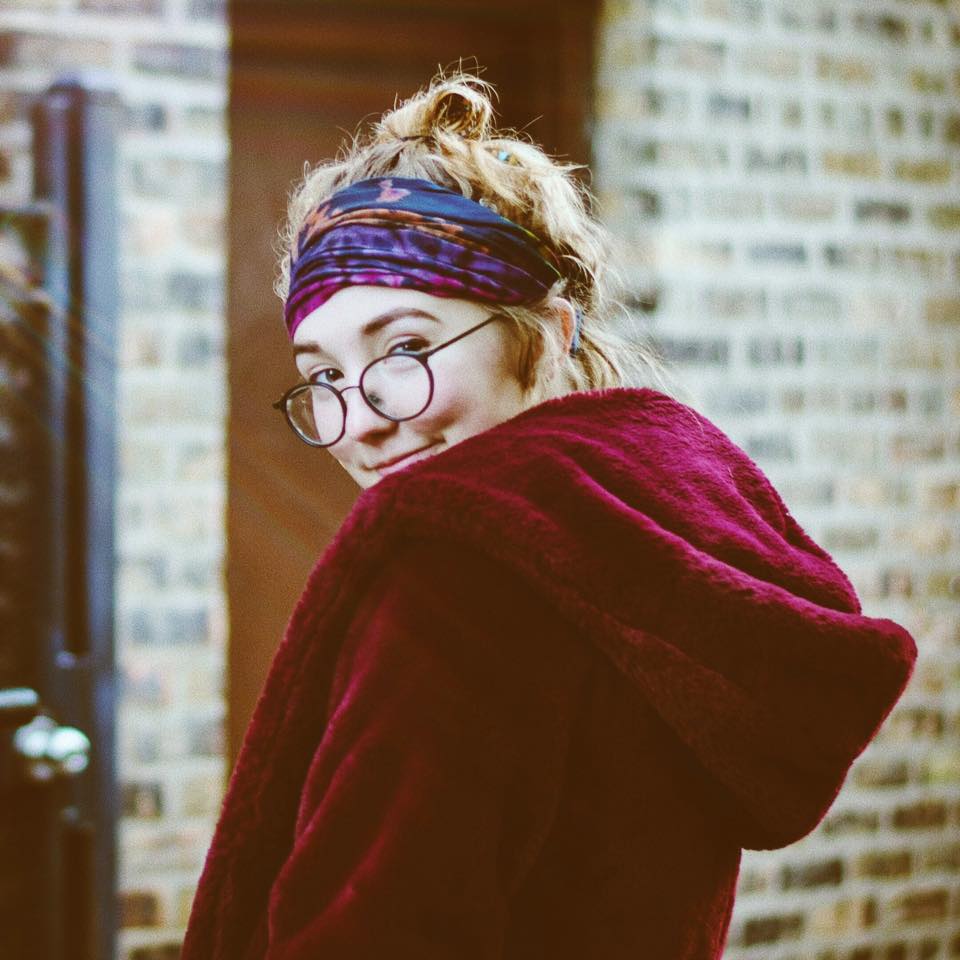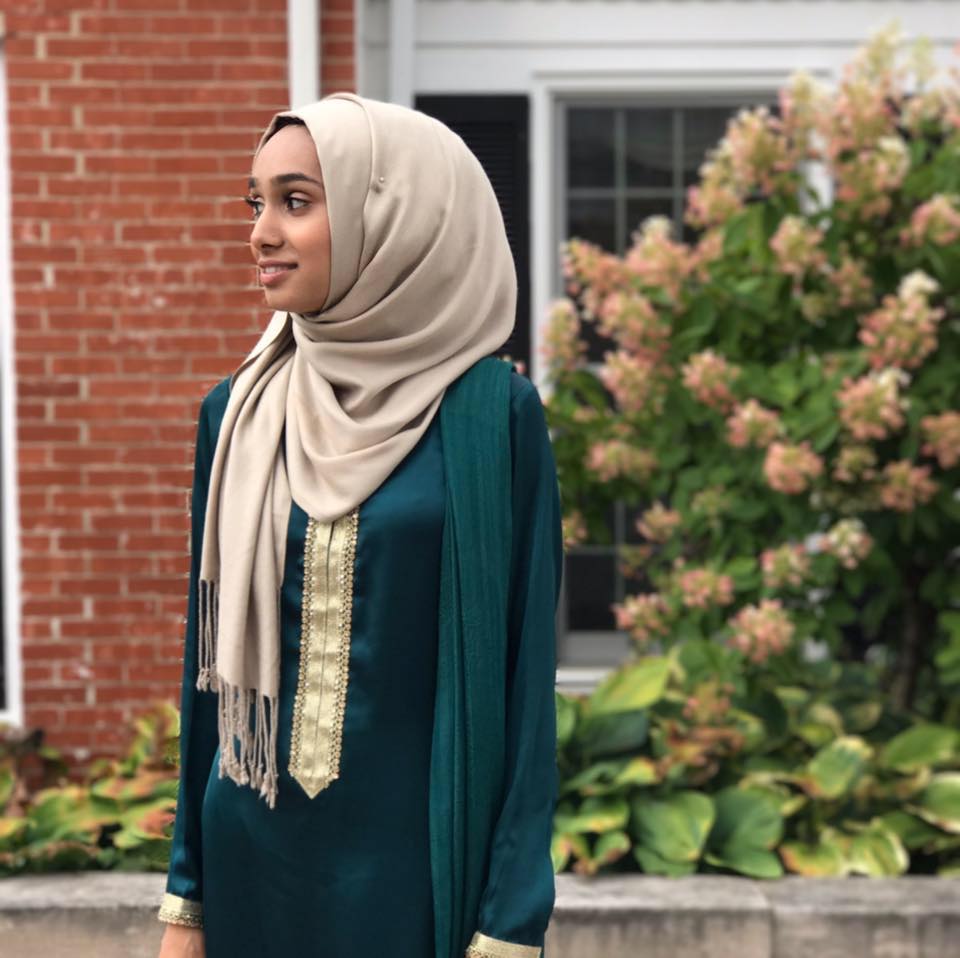“Humility is the origin of all the good that we do.”
Robert P. Maloney, C.M., The Way of Vincent de Paul (1992), 41. See: https://via.library.depaul.edu/vincentian_ebooks/1/
Vincent de Paul believed true humility “brings all other virtues with it.” (Maloney, Way of Vincent de Paul, 41.) Louise de Marillac believed “true humility will regulate everything.” (L.11, Spiritual Writings of Louise de Marillac [1991], 20.) Because of our reverence for these two saints, who together began what we now call the Vincentian family, it remains for us to ask, what was true humility for Vincent and Louise? How might they have defined and recognized it? Moreover, how might we nurture that virtue in ourselves and how is it relevant for us today?
Based on their lives and correspondence, we have come to understand that humility meant many, interrelated things for the two saints. Gratitude for ones gifts, an absence of vanity, having a heart for service, emptying oneself of selfish desires in order to follow the will of God, and being open to transformation by attending to the poor, who are our brothers and sisters. These examples, and more, provide us with guideposts to follow as we pursue that most noble of virtues.
A contemporary understanding of humility, though still seen through a Vincentian lens, is to equate humility with realism. (See Udovic, “Our good will and honest efforts. Vincentian Perspectives on Poverty Reduction,” VH 28:2, 71.) It is to know oneself, and the world in which we live, and to discern what we are capable and not capable of doing. Humility as realism means giving our whole-hearted efforts towards worthy goals. Then, when the work is done, we must have faith that all will be well and that someone or something else will see it through. Recognizing we do not have all the answers, and being open to the gifts and contributions of others, is humility in action. It is the particular benefit of being part of a community. Vincent and Louise understood this.
We might pause and consider how we understand this virtue of humility and its relevance to us today? Do we recognize our own limitations? Are we open to the gifts of others? Do we look to the future with hope, but tempered always by realism? How might you practice humility in your daily life and work?
Reflection by: Tom Judge, Chaplain, DePaul Division of Mission and Ministry
Upcoming Events:
Day with Vincent: A Day of Service and Reflection for Faculty and Staff
Friday, March 6th, 2020: 9:00 am – 4:00 pm
DePaul faculty and staff are invited to a day of service, reflection, and community. On Friday, March 6th, we will gather at DePaul’s Lincoln Park Campus for breakfast then go out into the city to serve with and learn from our community partners. This is a great opportunity for staff and faculty to serve Chicago, grow in community, reconnect with your values, and deepen your understanding of our Vincentian mission. We hope you’ll join us! For questions, contact Tom Judge at: tjudge@depaul.edu To register go to: http://go.depaul.edu/serviceday









